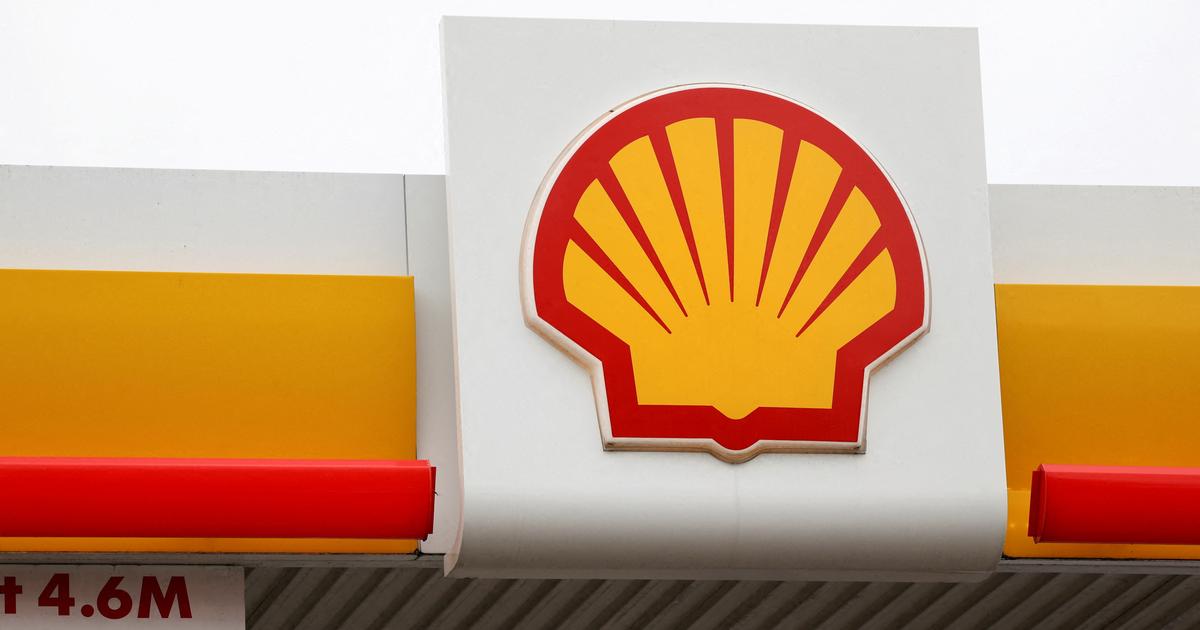If we don't get our CO₂ emissions reduced, how can we solve the problem in any other way?
A technique called CCS promises a remedy.
The abbreviation stands for Carbon Capture and Storage.
The idea: pumping climate-damaging CO₂ underground so that it can no longer cause damage to the atmosphere - a repository for carbon dioxide.
Also because the term »repository« inevitably makes you think of nuclear waste, of toxic material, bunkered underground, the technology in Germany is not at the best level. When it comes to researching and promoting CCS, Germany is lagging behind - in In international comparison, countries like Iceland or the Netherlands are more willing to experiment.
In Norway, for example, the technology is already in use.
Anyone researching CCS in this country is, for example, the chemist Klaus Wallmann at the Geomar Helmholtz Center for Ocean Research.
One could also store CO₂ in the sandstone layers under the sea, says Wallmann in this episode:
"You can then inject CO₂ into this type of formation because this rock is relatively permeable and you get astonishingly large amounts of CO₂ into this microscopic pore space between the grains of sand."
Ideally, CCS works like this: During the production of goods, such as cement, CO₂ is split off and transported to the rock with a pipeline;
and there - as absurd as it sounds - is pressed into the stone under high pressure.
In fact, you can store a lot of gas with this practice.
»One thinks that around three to ten billion tons of CO₂ can be pressed into the sandstone in the North Sea.
Which means that, if you want, you can inject CO₂ for centuries, ”says Wallmann.
The idea of creating a landfill for greenhouse gases under the ocean is also fraught with concerns.
For example, when a pipeline leaks and the CO₂ escapes into the sea.
According to Wallmann, however, the risks of this are comparatively low:
"Within ten meters of such a leak, the organisms are damaged, but if I then go further away, the changes in the pH value are so small that there can be no more damage."
In this episode of »Klimabericht«, our podcast on the climate crisis, we ask ourselves the question: Is that true - is CCS really that harmless?
We discuss how realistic the plans are and why no political party in Germany really dares to tackle the issue.
Curious?
Then you will now hear our »Climate Report«.














